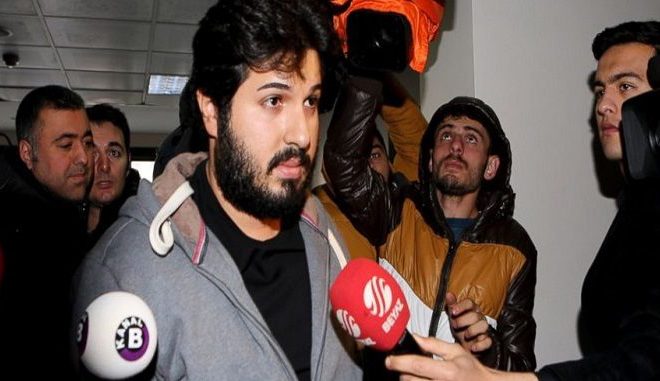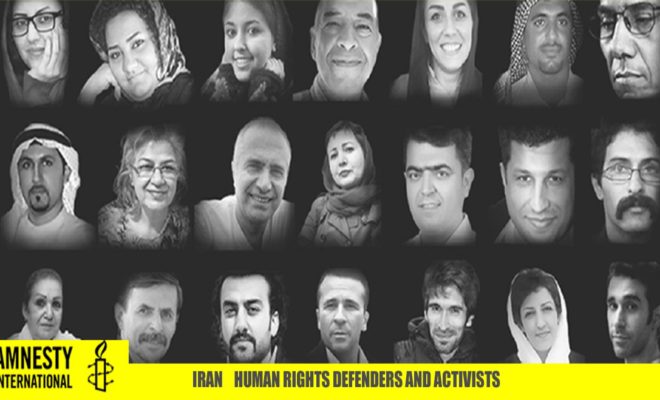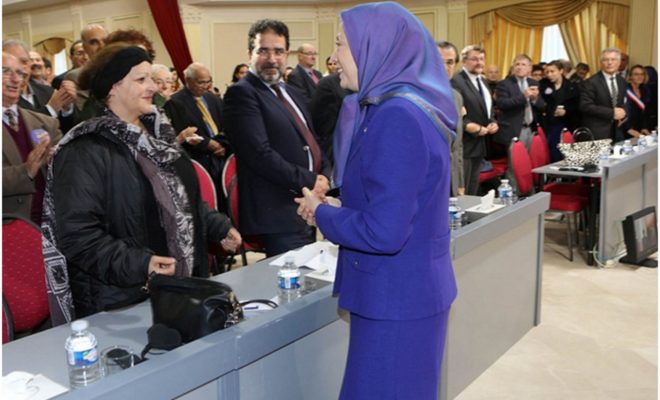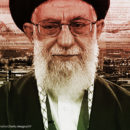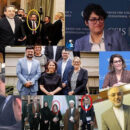Iran funds proxies with money freed up from the nuclear deal
June 1, 2017
Lieutenant General Thomas Trask, the US Special Operation Forces Vice Commander, said on Tuesday that the large sum of money that Iran obtained as a direct result of the 2015 Iran nuclear deal goes towards its spread of influence across the Middle East.
The deal, struck between Iran and a group of world powers, was supposed to curtail the country’s nuclear program. This has not happened.
Trask said that instead of investing in its conventional forces, Iran is building up its special operators that lead, manage and control proxy forces.
He said: “If anything, increased defense dollars in Iran are likely to go toward increasing that network, looking for ways to expand it. We’ve already seen evidence of them taking units and officers out of the conventional side that are working with the IRGC (Islamic Revolutionary Guard Corps) in Syria. We’re going to stay focused on these proxies and the reach that Iran has well past Syria and Yemen but into Africa, into South America, into Europe as well.”
Many people were concerned about the Iran nuclear deal before it was signed, expressing fears that Iran would take the money that would be freed up and use it on spreading terrorism across the region. It turns out that these fears were founded as this is exactly what is happening.
The deal, formally known as the Joint Comprehensive Plan of Action (JCPOA), gave Iran access to between $50 billion and $150 billion of assets that were previously frozen.
This was a real chance for Iran to improve its economy and the social conditions that had deteriorated to terribly low levels.
However, the regime put the money towards propping up Bashar al Assad in Syria and funding militias. Iran has sent around 10,000 Shia militia fighters from Afghanistan, Iraq and Pakistan to battle in Syria on its behalf. Many experts warn that Iran’s commitment to keeping Assad in power in Syria should not be underestimated. It appears that Iran will be there for as long as it takes and will put as many resources as possible into it.
It is also improving its ballistic missile program according to intelligence reports.
James Mattis, the US Defense Secretary, said during a visit to Saudi Arabia that Iran is involved, in one way or another, in all the conflicts in the Middle East. He said: “We’ll have to overcome Iran’s efforts to destabilize yet another country and create another militia in their image of Lebanese Hezbollah.”


